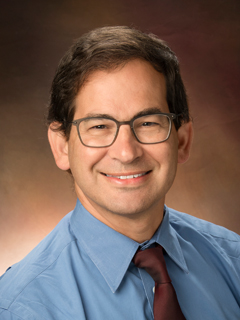HOW CAN WE HELP YOU? Call 1-800-TRY-CHOP
OATS
This study is now recruiting.
Food allergies are a major public health issue affecting an estimated 8% of U.S. children, and possibly up to 10% of adults. Thirty-two (32) million patients have food allergies in the US alone and no cure currently exists. This study is a biorepository (large collection) of samples from patients with a physician-diagnosed and/or an oral food challenge-confirmed food allergy. The repository is potentially a rich resource for advancing the field of food allergy. This study aims to collect blood from patients who have had a positive oral food challenge or have been diagnosed as having a food allergy based on a positive skin prick test or elevated levels of allergen specific-IgE antibodies and a convincing history. The biorepository will also include blood from individuals with no history of food allergies.
Who Do I Contact?
If you are interested in participating in the study or want to learn more please contact our study team at carbonara [at] chop.edu or 267-426-8603.
Eligibility & Criteria
Visit Criteria
If you agree to take part in the study, you will come to CHOP's main campus in Philadelphia for one (1) visit. Once your sample has been used up, you may be asked to return for an additional blood draw at a later time. This visit may occur while you are already at the site for another reason, such as a doctor’s appointment. We will collect information about your medical history, collect blood samples, some of the samples will be used for genome wide genetic testing. you may be contacted with offers to participate in future research to which you are free to say "no". You will be in this study for as long as you are seen at CHOP. We will look at your medical record from time to time to update your history. The samples and information that we collect for the biobank will be stored and used indefinitely.
